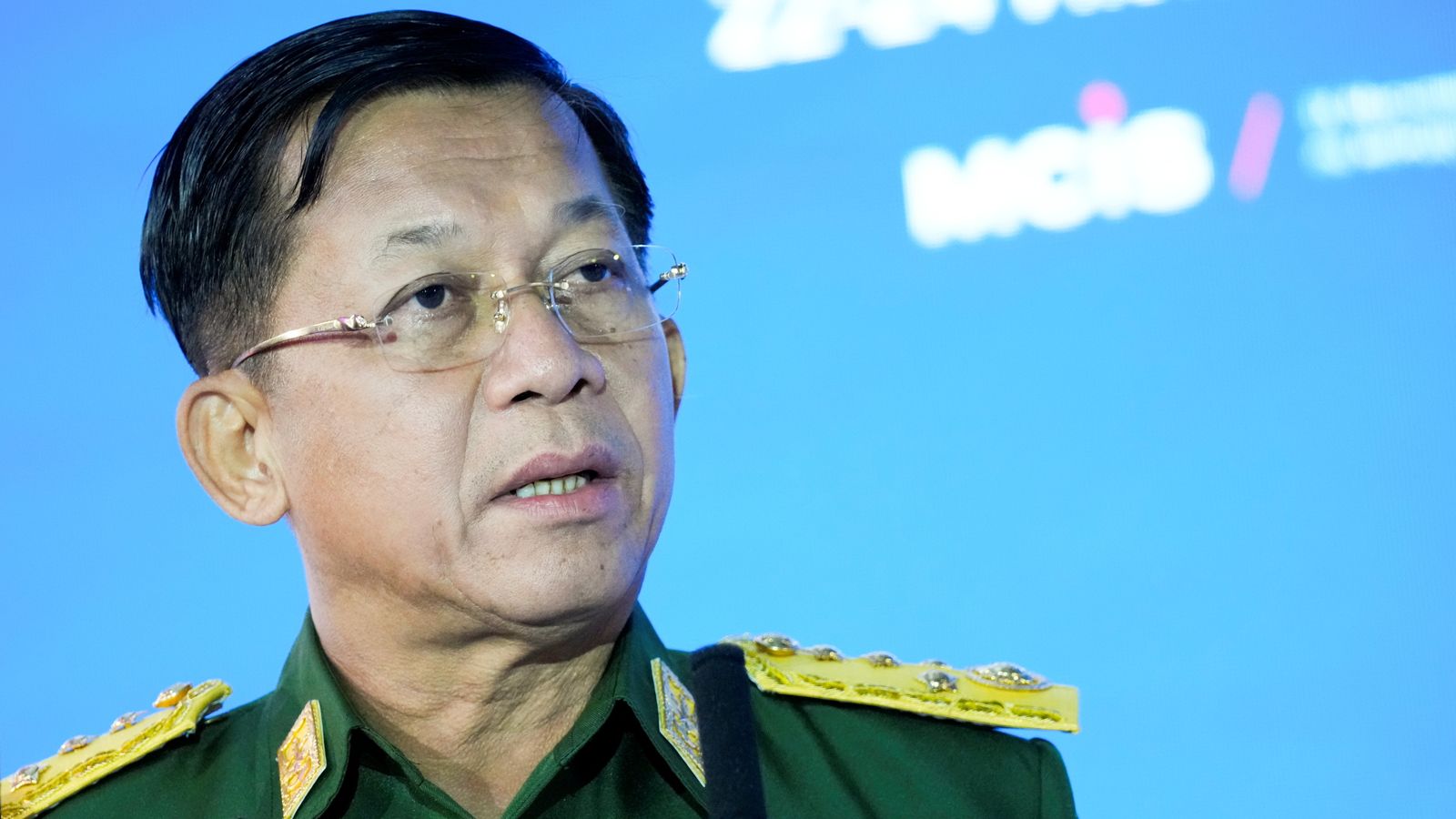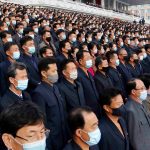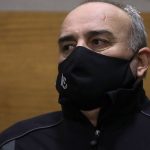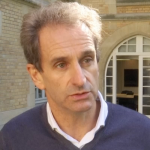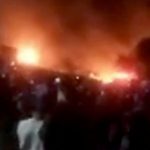Myanmar’s junta leader has said his military government is committed to restoring peace and democracy.
In a televised address on Monday, Min Aung Hlaing, dressed in civilian attire, reiterated the junta’s five-step plan toward restoring order.
His comments came in response to the Association of Southeast Asian Nations’ (ASEAN) decision to sideline him from an upcoming leaders’ summit over a lack of progress on a peace roadmap.
The group of southeast Asian countries said they would invite a non-political representative to the summit – an unprecedented snub to the military leader, who led the coup against the elected civilian government led by Aung Sung Suu Kyi in February.
Brunei, ASEAN’s current chair, issued a statement citing a lack of progress made on a peace roadmap that the junta had agreed to with the body in April to restore peace in Myanmar.
But Min Aung Hlaing said on Monday that ASEAN should take note of his government’s plans – and the provocations and violence he said were being carried out by its opponents.
“More violence happened due to provocations of terrorist groups,” Min Aung Hlaing said. “No one cares about their violence, and is only demanding we solve the issue. ASEAN should work on that.”
Myanmar: UN urges international effort to restore democracy ‘before it’s too late’
Myanmar: Deposed leader Aung San Suu Kyi unable to attend court for health reasons
Myanmar’s shadow government calls for nationwide revolt against military leaders
Minutes after his speech, state television announced more than 5,600 people arrested or subject to arrest warrants over their roles in anti-coup protests would be freed in an amnesty for “humanitarian reasons”.
Singapore’s foreign ministry said at the weekend that the move to exclude Min Aung Hlaing was a “difficult, but necessary, decision to uphold ASEAN’s credibility”.
A spokesman for Myanmar’s military government blamed “foreign intervention” for the decision.
Junta spokesman Zaw Min Tun accused the United States and representatives of the European Union of pressuring ASEAN member states.
“The foreign interventions can also be seen here,” he said. “We learned that some envoys from some countries met with US foreign affairs and received pressure from EU,” he told the BBC Burmese news service.
More than 1,000 civilians have been killed by Myanmar security forces with thousands of others arrested amid a crackdown on strikes and protests that has derailed the country’s delicate democracy and prompted international condemnation, according to the United Nations.
The junta says those estimates of the death toll are exaggerated.
ASEAN has faced increasing international pressure to take a tougher stand against Myanmar, having been criticised in the past for its ineffectiveness in dealing with leaders accused of rights abuses, subverting democracy and intimidating political opponents.
A US State Department official told reporters on Friday that it was “perfectly appropriate and in fact completely justified” for ASEAN to downgrade Myanmar’s participation at the coming summit.
